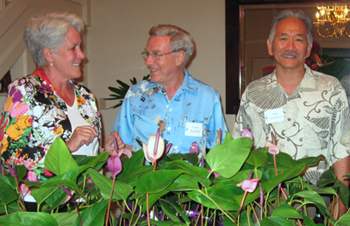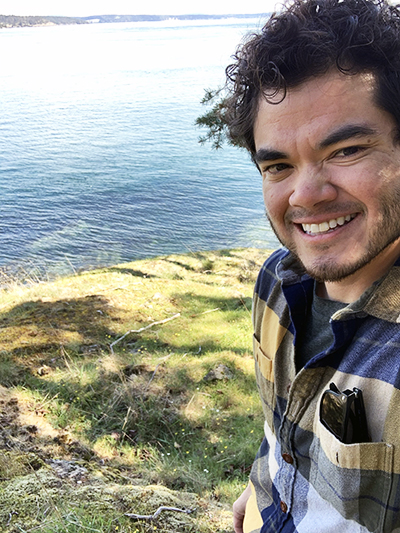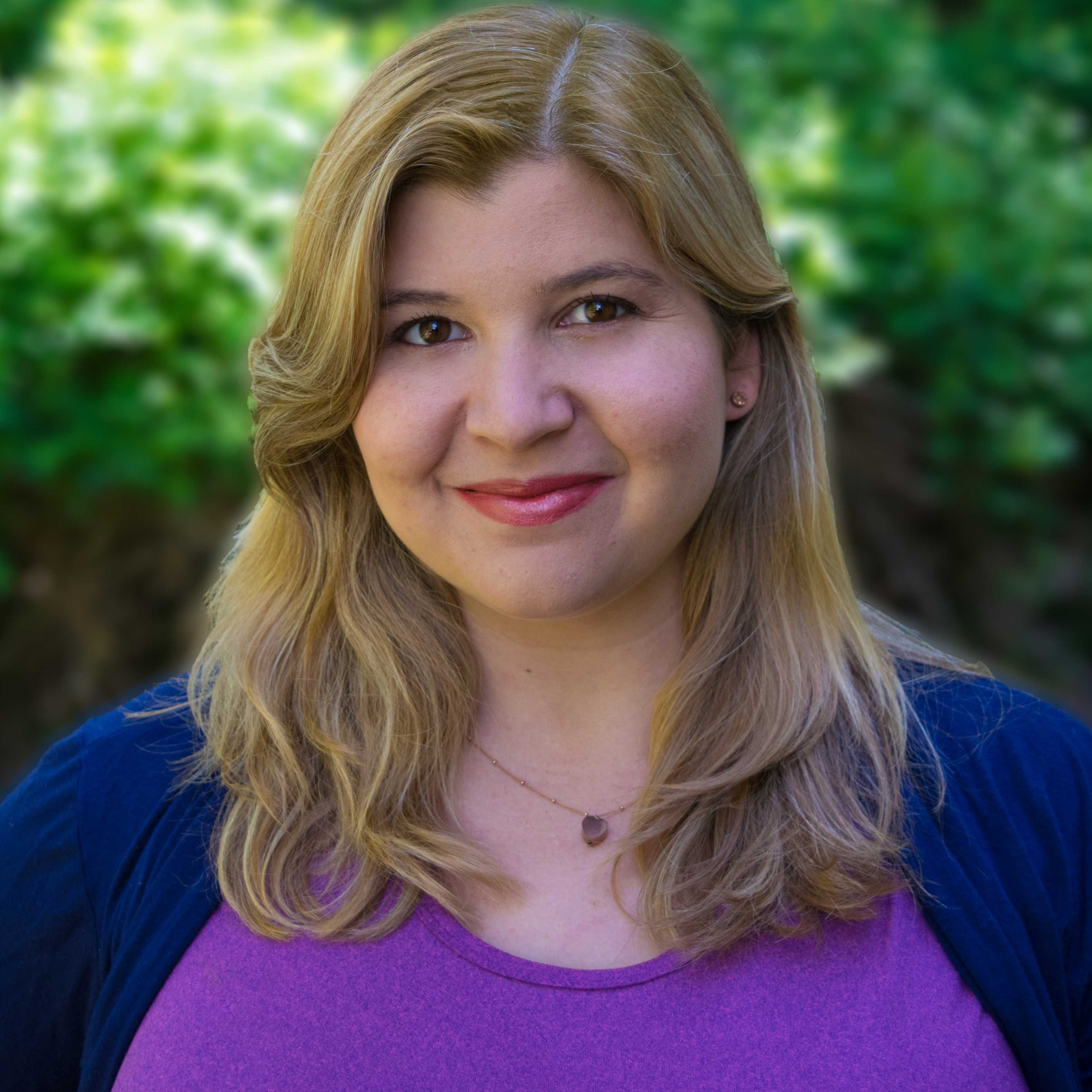Scholar Alumna Pays it Forward
 “ARCS Honolulu Chapter provided recognition that my efforts and education were a worthwhile investment at a time when others could see little future for me.”
“ARCS Honolulu Chapter provided recognition that my efforts and education were a worthwhile investment at a time when others could see little future for me.”
1976 Honolulu ARCS Scholar and Tampa Chapter member Pamela Hallock Muller was named one of 25 Top Women Professors in Florida. The University of South Florida marine scientist overcame gender discrimination and has mentored 60 graduate students, 10 of them from underrepresented minorities.

 Honolulu celebrated ARCS Foundation, Inc.'s 50th anniversary with a luncheon at College Hill, traditional home of the University of Hawai‘i president, in 2008. Chapter president Cynthia Hunter, an ARCS Scholar alumna, visited with UH representatives Laurence Kolonel, 2005 ARC Honolulu
Honolulu celebrated ARCS Foundation, Inc.'s 50th anniversary with a luncheon at College Hill, traditional home of the University of Hawai‘i president, in 2008. Chapter president Cynthia Hunter, an ARCS Scholar alumna, visited with UH representatives Laurence Kolonel, 2005 ARC Honolulu  “The increasing frequency and severity of global coral bleaching events, the devastation to reef ecosystems and the communities who rely on them led to my dedication to coral reef conservation.”
“The increasing frequency and severity of global coral bleaching events, the devastation to reef ecosystems and the communities who rely on them led to my dedication to coral reef conservation.”
